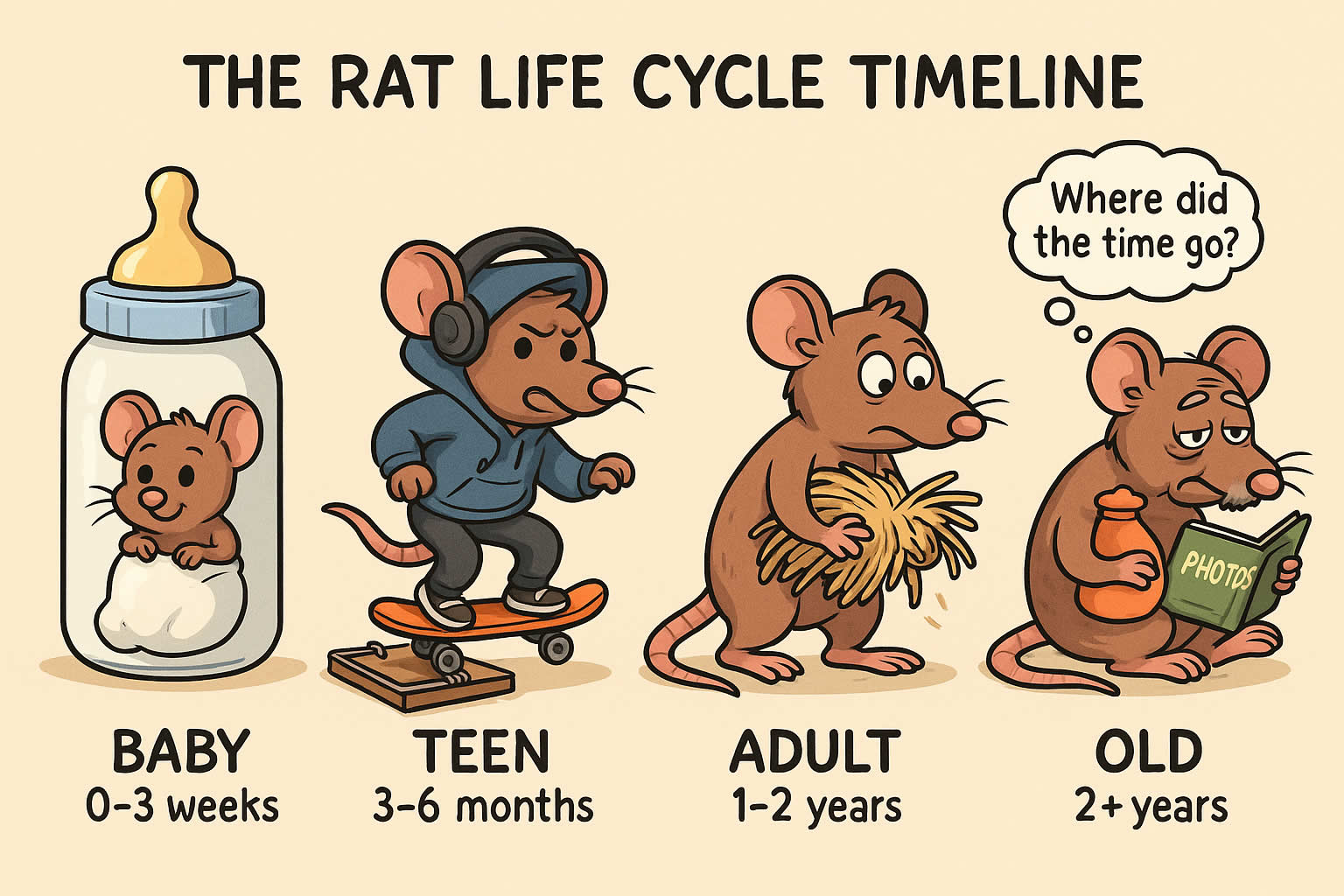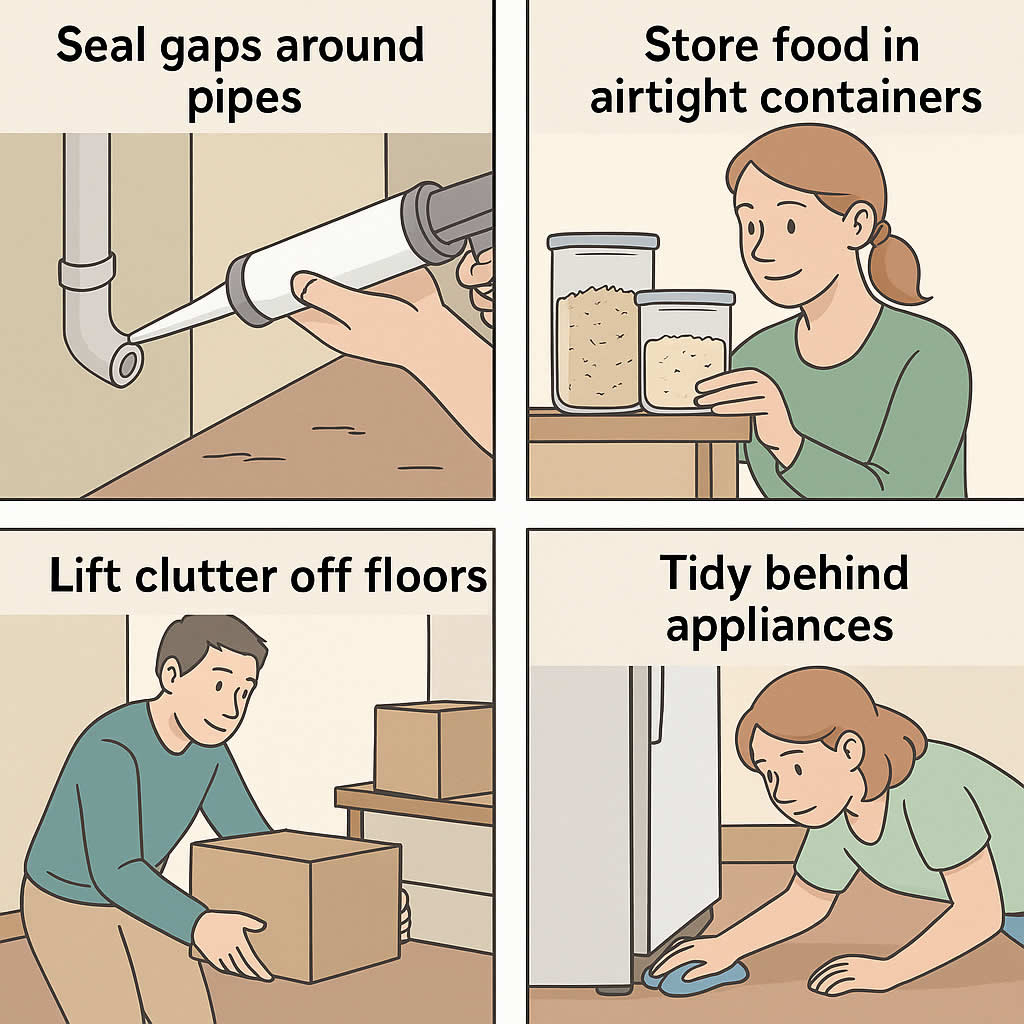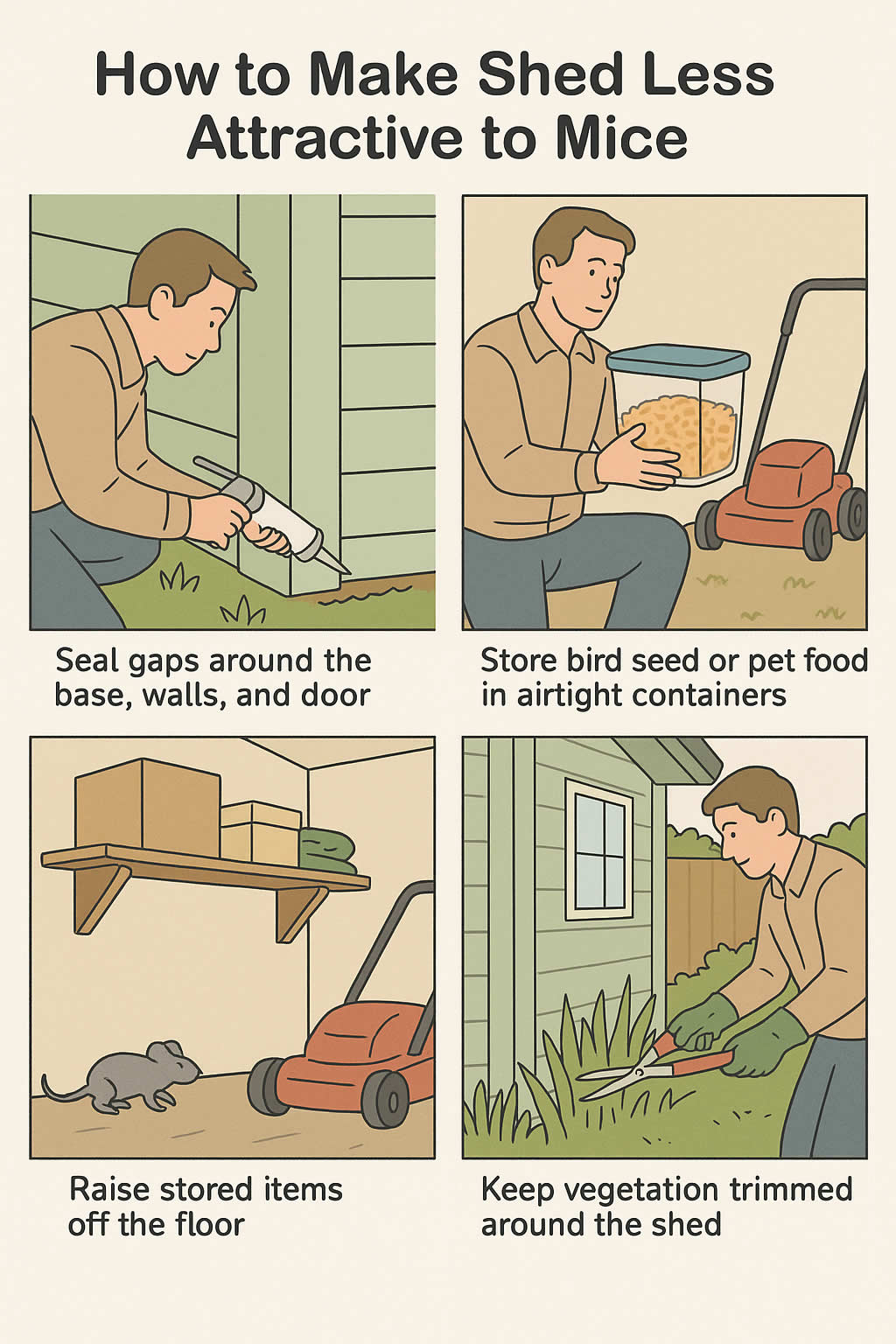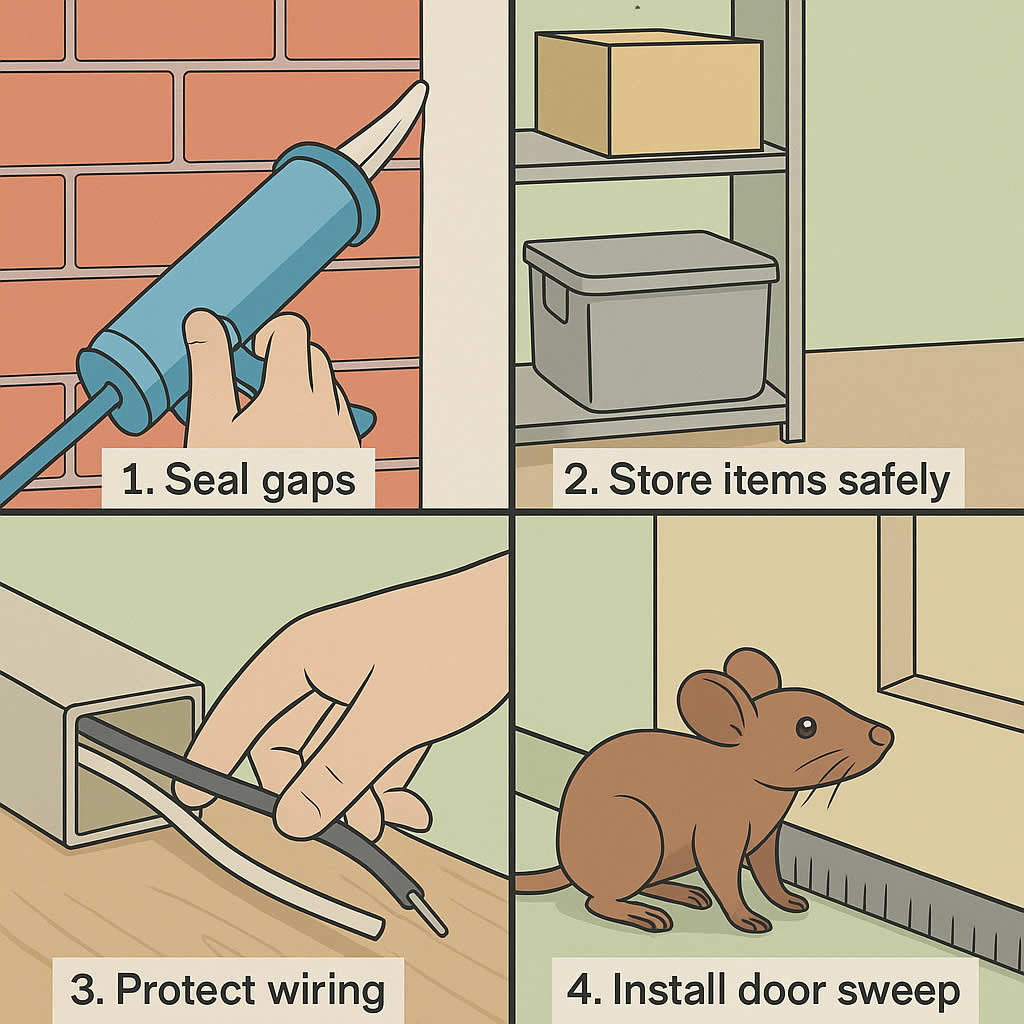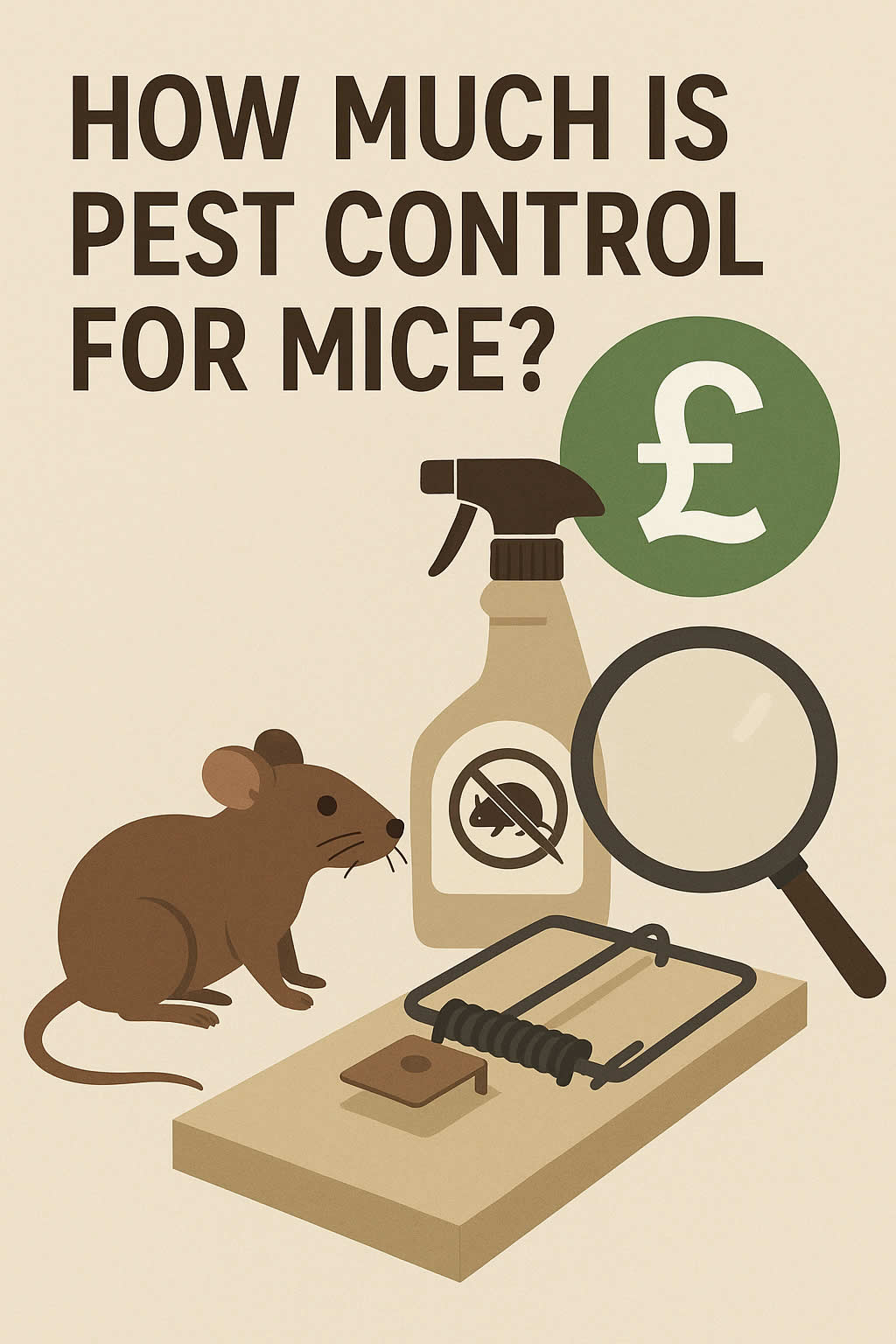Related Queries
ToggleRats are intelligent, affectionate, and surprisingly social animals that have become increasingly popular as pets in recent years. Whether you’re already a proud rat owner or you’re considering welcoming a few into your home, one of the most common questions you’ll ask is: how long do rats live?
Understanding a rat’s lifespan helps you provide better care, anticipate health changes, and plan for their needs over time. This guide will take you through how long rats typically live, the different stages of their lives, what affects their longevity, and how you can help them live their fullest, healthiest lives.
How Long Do Rats Live?
The average lifespan of a rat depends on several factors, including whether they live in the wild or in captivity, their breed, and how well they’re cared for. Here’s a general breakdown:
- Pet (Domesticated) Rats: 2 to 3 years on average. Some may live up to 4 years with excellent care.
- Wild Rats: 6 months to 1 year is typical due to environmental risks and predation.
- Fancy Rat Varieties (like Dumbo, Rex, Hairless): Most live around 2 to 3 years, although certain varieties (such as hairless rats) may face health challenges that shorten this.
- Record Lifespan: The oldest recorded domestic rat lived to be 7 years old, though this is extremely rare and not representative of most rats.
Compared to other pets, rats have relatively short lifespans. But in that time, they build deep bonds, develop unique personalities, and become cherished members of the family.
Life Stages of a Rat
Understanding your rat’s life stages helps you tailor their care as they grow. Here’s a breakdown of the typical development cycle and how it roughly compares to human years:
Juvenile (0–6 months)
Human equivalent: Up to 18 years old
This is a period of rapid growth and socialisation. Young rats are curious, active, and energetic. They benefit from play, training, and bonding time with you and their cage mates.
Adult (6–18 months)
Human equivalent: 20s to mid-40s
Adult rats are physically mature and often settle into a daily routine. This is when their personalities are well developed, and they’re typically at their healthiest.
Senior (18+ months)
Human equivalent: 50s to 80s
As rats age, you may notice reduced activity, changes in weight, or early signs of health issues. Senior rats still thrive with attentive care and modifications to help them remain comfortable and stimulated.
Factors That Influence Lifespan
Several elements can significantly impact how long your rat lives. These include:
Diet
A balanced, species-appropriate diet is essential. Many pet rats suffer from obesity or malnutrition due to overfeeding treats or offering low-quality seed mixes. A good diet should include:
- Lab blocks or high-quality rat pellets
- Fresh fruits and vegetables
- Occasional protein sources (like cooked egg or chicken)
- Fresh water always available
Genetics
Like dogs or cats, rats inherit traits that can affect their lifespan. Poor breeding practices or lack of genetic diversity (especially in fancy breeds) may lead to a higher risk of tumours or other hereditary conditions.
Living Environment
Clean, enriched enclosures contribute to both mental and physical health. Rats need:
- Adequate space (multi-level cages are ideal)
- Ventilation and temperature control
- Regular cleaning and low ammonia levels
Veterinary Care
Exotic vets experienced with small mammals can help spot early signs of illness. Annual checkups and prompt attention to any changes in behaviour or appearance can extend your rat’s life.
Mental Enrichment and Socialisation
Rats are incredibly intelligent. Boredom and loneliness can lead to depression or even health decline. Keeping at least two rats together (they’re social animals), providing toys, tunnels, foraging opportunities, and human interaction all play a key role.
How to Improve Longevity
If you want to give your rat the best chance at a long, healthy life, here are some proven care strategies:
- Keep them in pairs or small groups: Rats thrive with companionship. Solitary rats often suffer emotionally.
- Feed a high-quality diet: Use well-reviewed pellets as a base and supplement with fresh, nutritious foods. Avoid sugary, fatty, or processed treats.
- Maintain a clean, spacious enclosure: Spot clean daily and deep clean weekly. Use safe bedding (like paper-based, not pine or cedar).
- Provide enrichment: Rotate toys, add puzzle feeders, create climbing opportunities, and let them explore outside the cage under supervision.
- Monitor for health issues: Check for lumps, laboured breathing, weight loss, or changes in behaviour.
- Visit an exotic vet when needed: Many illnesses are treatable if caught early, especially respiratory infections and tumours.
- Handle them gently and often: Build trust through positive interaction. Stress reduction can improve overall well-being.
Common Health Issues in Older Rats
As your rat enters their senior years, you may encounter some age-related health problems. While not all are preventable, being aware can help you act quickly:
- Respiratory infections: Common in rats and often chronic. Watch for sneezing, wheezing, or laboured breathing.
- Tumours (especially mammary tumours): These can appear quickly. Some are benign; others may require surgery.
- Weight loss or gain: Could signal metabolic issues, dental problems, or internal illness.
- Hind leg weakness: Often a result of spinal degeneration. You can adjust their habitat to reduce strain.
- Dental overgrowth: Their teeth never stop growing. Monitor for misalignment, difficulty eating, or drooling.
Always consult a vet if you notice sudden changes. Even older rats can often enjoy a good quality of life with the right support.
Comparison With Wild Counterparts
Wild rats, particularly brown rats (Rattus norvegicus), tend to live much shorter lives — usually between 6 to 12 months. While their reproductive success is high, they face many daily risks that pet rats don’t:
- Predators: Birds of prey, cats, snakes, and humans
- Diseases: Exposure to parasites, viruses, and foodborne pathogens
- Injury: Fights, traps, and urban dangers
- Lack of nutrition: Scavenging often leads to a poor diet
Although wild rats may live fast and breed early, they miss out on the comfort and safety that a domesticated environment can provide. The trade-off is a much shorter life expectancy.
Our Final Say!
While rats may not live as long as dogs or cats, they offer just as much companionship, intelligence, and joy during their time with you. Knowing how long rats live — and how their needs change as they age — allows you to provide them with the best care possible from day one.
Whether you’re welcoming a new rat or caring for a beloved senior, each moment you spend together counts. With proper diet, enrichment, veterinary care, and love, you can help your rat live a longer, happier life.
FAQs
What is the oldest rat on record?
The oldest known rat lived to be 7 years old, though most rats don’t reach that age. It’s an extreme outlier and not typical of even the healthiest pet rats.
How fast do rats age compared to humans?
Rats age about 30 times faster than humans. A 6-month-old rat is roughly equivalent to a 20-year-old human, while a 2-year-old rat may compare to someone in their late 70s.
Can a rat live longer if kept alone?
No. Rats are highly social and tend to live shorter lives when kept alone due to stress and loneliness. A same-sex companion is strongly recommended.
Do male or female rats live longer?
Female rats sometimes live slightly longer, but they also have a higher risk of developing mammary tumours. The difference is minor and varies by individual health and genetics.
Is it worth taking an old rat to the vet?
Absolutely. Many conditions in senior rats — like tumours or infections — can be managed, giving them more time and a better quality of life.
Pest Control Ca1 – Pest Control Belle Vue – Pest Control Barrow‑in‑furness

